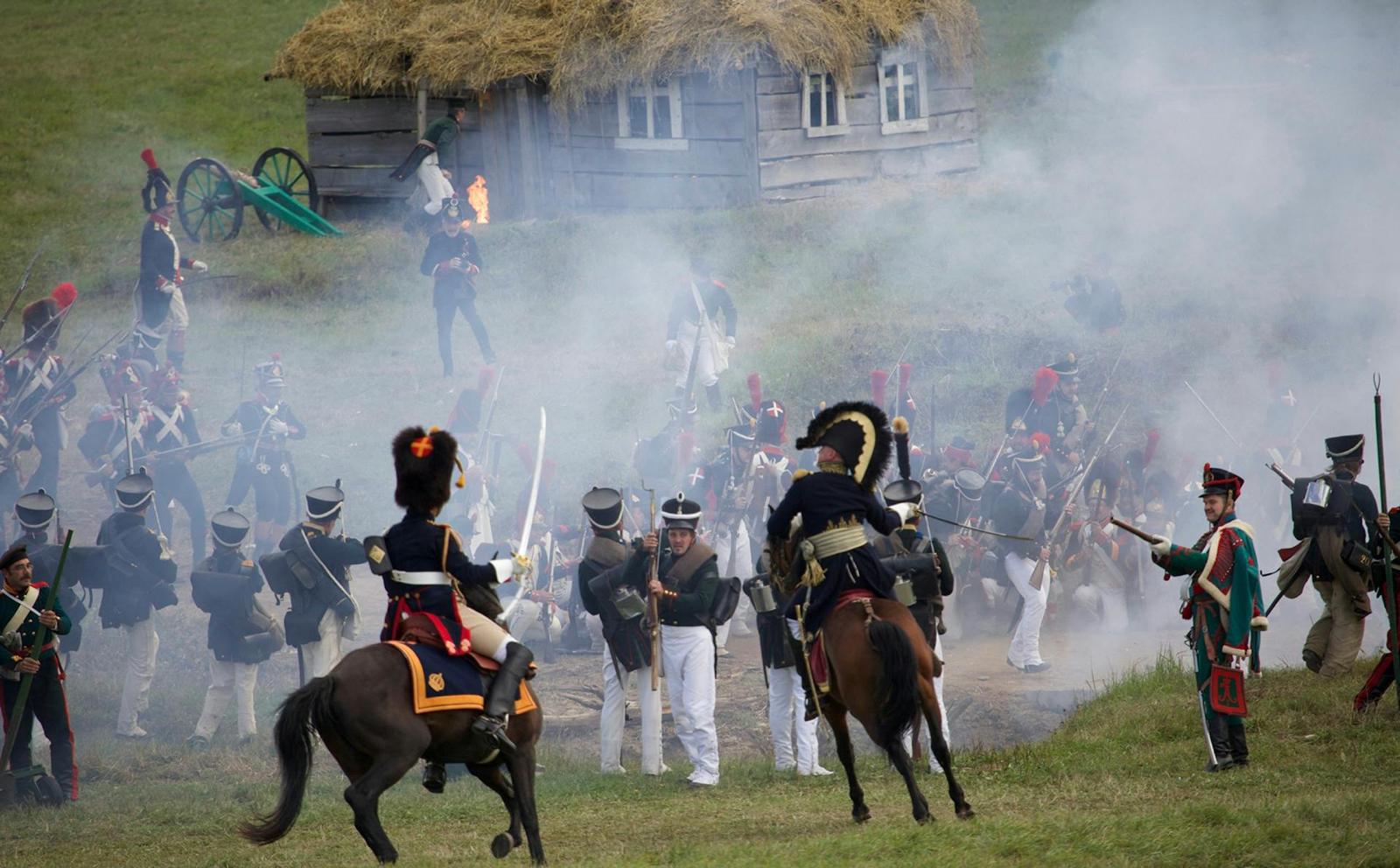Napoleon Bonaparte was a master strategist who understood the importance of timing, historical knowledge, and recurring patterns in military campaigns. He skillfully leveraged seasonal events, his deep understanding of past battles, and the predictable nature of certain military cycles to secure victories on the battlefield.

Seasonal Events
Napoleon was acutely aware of how seasons affected warfare. He carefully planned his campaigns to align with the seasons, exploiting the advantages that different times of the year offered. For instance, he often launched offensives in spring or early summer when the weather was more favorable and supply lines could be more easily maintained. On the other hand, he avoided major campaigns in harsh winter months, learning from the mistakes of others who had underestimated the impact of winter on their armies, like Charles XII of Sweden during his invasion of Russia.
Knowledge of the Past
Napoleon had an exceptional grasp of military history. He studied the successes and failures of great commanders before him, such as Alexander the Great, Julius Caesar, and Frederick the Great. This deep historical knowledge allowed him to anticipate the moves of his enemies and devise strategies that would exploit their weaknesses. He often applied lessons from past battles to his current situations, adapting successful tactics to the specific circumstances he faced.
Recurring Events and Cycles
Napoleon understood that certain events and situations in warfare tended to repeat over time, and he used this knowledge to his advantage. He was particularly skilled at identifying patterns in his enemies’ behavior and exploiting them. For example, he knew that after a series of victories, his opponents would likely regroup and attempt a counteroffensive. Anticipating this, he would prepare defensive strategies or launch preemptive strikes to maintain the upper hand.
Analogy with Trading
Napoleon’s approach to warfare has a clear analogy in the world of trading, particularly in strategies that focus on seasonality, historical analysis, and recurring cycles. Just as Napoleon timed his campaigns with the seasons, traders can time their investments based on seasonal trends in the market. For instance, certain commodities or stocks may perform better during specific times of the year, and astute traders can exploit these patterns for profit.
Similarly, just as Napoleon used his knowledge of past battles to inform his strategies, traders can study historical market data to identify patterns and make informed decisions. Backtesting a trading strategy against historical data is akin to Napoleon analyzing past battles to predict future outcomes.
Finally, just as Napoleon recognized and exploited recurring events in warfare, traders can identify and capitalize on market cycles. Whether it’s the business cycle, economic cycles, or specific patterns like the “January effect” in stocks, understanding and anticipating these recurring events can provide traders with a significant advantage.
In both warfare and trading, the ability to recognize patterns, understand historical precedents, and anticipate cyclical events can be the key to victory. Napoleon’s success on the battlefield and a trader’s success in the market both rely on the same fundamental principles: timing, knowledge, and the strategic use of repeating patterns.